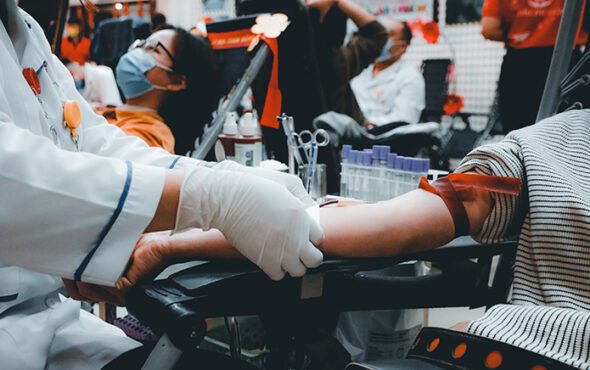
A woman was apparently cured of HIV using cutting-edge treatment in a huge step forward in creating a cure for the virus.
She becomes the first woman believed to be cured and fourth person overall.
Announced on 15 February, Dr. Yvonne J. Bryson and Dr. Deborah Persaud, both paediatric infectious disease specialists, shared their findings at the Conference on Retroviruses and Opportunistic Infections in Denver, Colorado.
Researchers stated that the treatment, which took place four years ago, appears to have worked as the unnamed patient remains off HIV medication and is “asymptomatic and healthy”.
They said a brand new transplant method using blood from the umbilical cord was used to ‘cure’ her.
This type of blood does not need to be matched as closely to the recipient as others do and a lot more of it is available than the adult stem cells usually used in this type of procedure.
Dr. Persaud said that despite being “very excited” over the apparently cured woman, the treatment is “still not a feasible strategy for all but a handful of the millions of people living with HIV.”
However, the method could still mark a scientific breakthrough by making it possible to cure dozens of people living with HIV and cancer every year.
She and Dr. Bryson have now partnered with an array of other researchers to study the woman, who was diagnosed with HIV in 2013 and leukaemia four years later.
She is being referred to as the “New York patient” due to being treated at New York-Presbyterian Weill Cornell Medical Center in New York City.
Despite not being involved in the case, Dr. Steven Deeks, an AIDS expert at the University of California, told The New York Times that the woman’s race and sex are both very significant.
“The fact that she’s mixed race, and that she’s a woman, that is really important scientifically and really important in terms of the community impact,” he stated.
Dr Bryson and her fellow scientists are currently considering the woman to be in HIV remission, favouring the term over ‘cure’ at this time.
“You don’t want to over-call it,” she stated.
The patient will be considered fully cured if there are no signs of an active HIV virus over the next couple of years.
“I’m excited that it’s turned out so well for her,” Dr Bryson added.



